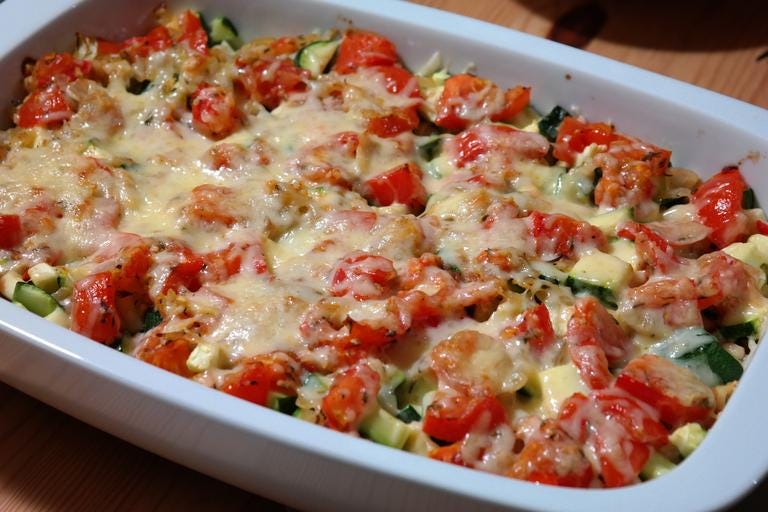What You Give Away
Examples of gift-work and gift economies
This week, I’m sharing highlights from your comments on “Gift-Work Becomes Women’s Work.” Next week, I’ll be sharing some of your thoughts from “What Can You Pour from an Empty Cup.”
In the meantime, two events that may be of interest: tonight (Thursday) Plough is hosting a book launch for their graphic novel about the anti-Nazi resistance martyrs who founded The White Rose. And on March 27th, there will be a symposium on contemporary feminism, which will include Erika Bachiochi, whose work I admire, and Eva Feder Kittay, whose book Love's Labor: Essays on Women, Equality, and Dependency is on my to-read shelf.
Last week, our conversation was prompted by Lewis Hyde’s The Gift and the tension between work that exists as part of a gift economy versus the market economy. A great deal of gift-work is women’s work, and it ends up undervalued socially and economically.
Catherine spoke a little about her experience on welfare and how her work as a mother was valued:
When my children and I were on welfare back in the early sixties, support for mothers and children was considered justified because mothering was considered work valuable to the American society—at least in Illinois, where we lived at the time. That view of motherhood as worth supporting with tax dollars has largely disappeared, mainly (in my view), due to the Clinton welfare reform.
Magdalen mentioned Buy Nothing groups as a space focused on the gift economy:
They are localized Facebook groups where people offer and ask for things and sometimes services. The main rule for such groups is that everything offered must be completely free. I've been really touched by how much members go above and beyond to make sure that everyone can receive gifts they could use, such as offering to drop off gifts for me when I lost my ride a few times. It has made me feel so much more connected to my neighborhood, and I even have tentative plans to meet up with some members once the pandemic allows. Perhaps unsurprisingly, the membership is overwhelmingly female.
I’ve appreciated my local group, too. First, because it makes it easier to let things I don’t need run through my fingers and reach someone else. But also because it’s a strange way to be introduced to people! The first thing I learn about the people in the group are their needs. It’s very different from how I first encounter people in ordinary life (or on twitter).
Our local Buy Nothing group also supplied something I didn’t realize I wanted—a Fozzie Bear for our daughter. (This did mean she said “ocka” as in “wocka wocka” before “Mama”).
Readers had a few proposals for what kind of gift-work is typically male-coded. Vikki suggested maintaining free open-source software and coaching kids sports teams. CL nominated moving furniture and clearing fallen trees.
And Kathleen offered small-scale farming, which skews male and is hardly driven by a market mentality:
Small farmers do not raise heritage breed animals, in an organic or grass-fed fashion, because it is more profitable. They do it to offer healthy, fresh food to their families and local community, to honor their ancestors, and to honor animals and the land. Many of them view it primarily as gift-work because the financial rewards are so small.
On that topic, Grace Olmstead’s Uprooted comes out this month, and you can check out an excerpt here.
Katy talked a little about her experience with gift work in writing communities and then concluded:
I’ve seen both men and women participating in a variety of neighborly and communally oriented gift-works ranging from home repair to classroom renovation to meal trains, to event planning to long-term educational planning and more. Maybe this is more properly termed volunteerism than what Hyde means by gift-work, which is properly an end in itself as well as something that sparks or inspires or somehow perpetuates the cycle of giving—though, often, these forms also participate in that generative logic. And, definitely, others’ participation in the gift-work of care has supported not only my own ability to continue writing but also my ability to continue offering care work of my own to my family when perseverance feels so exhausting as to be impossible. I think we can’t overestimate just how much cooperation between likeminded families in these matters can make the difficult or dull aspects of daily life feel not only bearable but worthwhile.
And for more on the gift economy, the second part of my interview with Amanda McLoughlin is now up!



